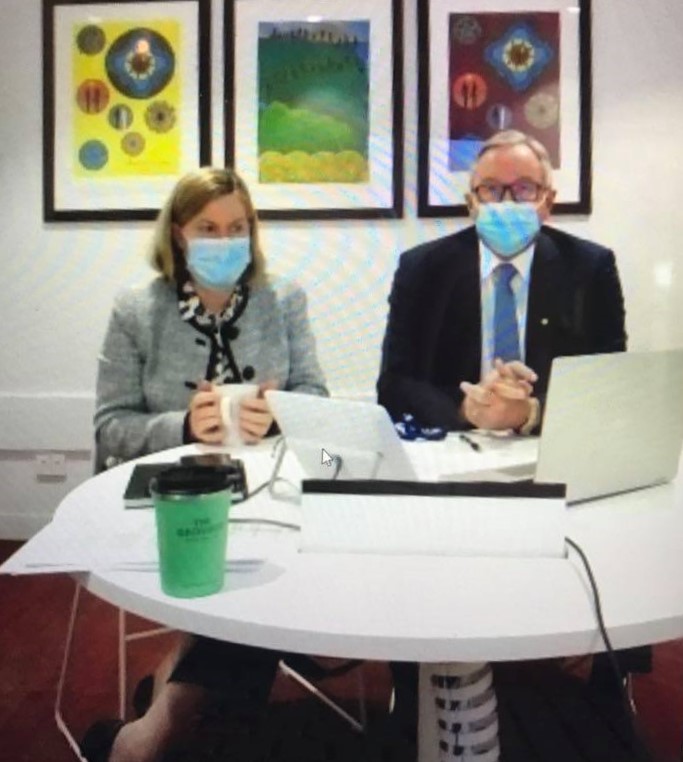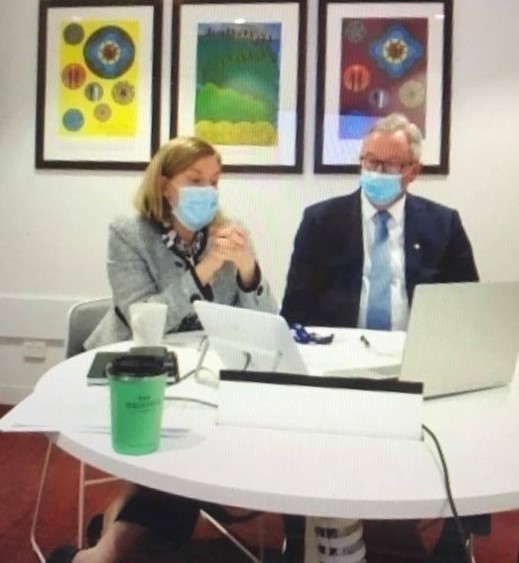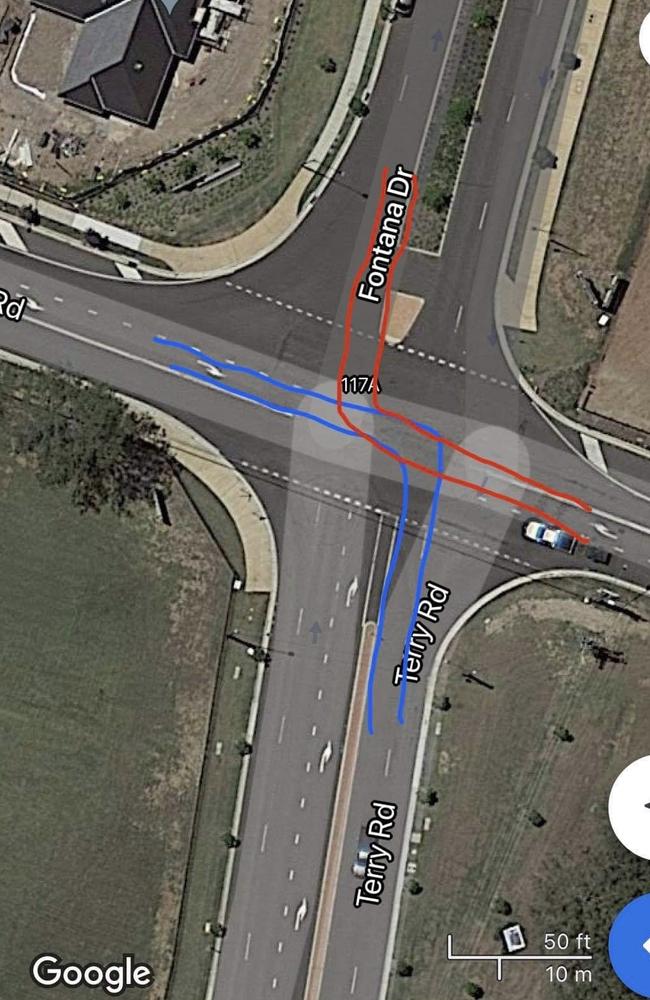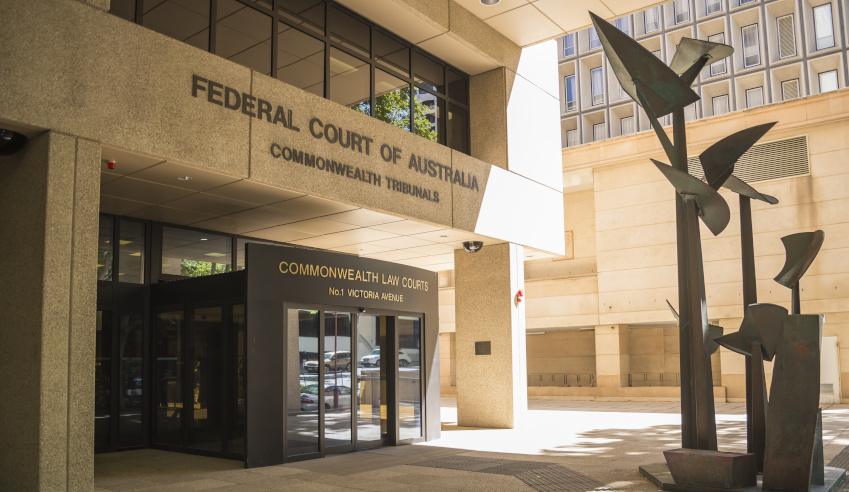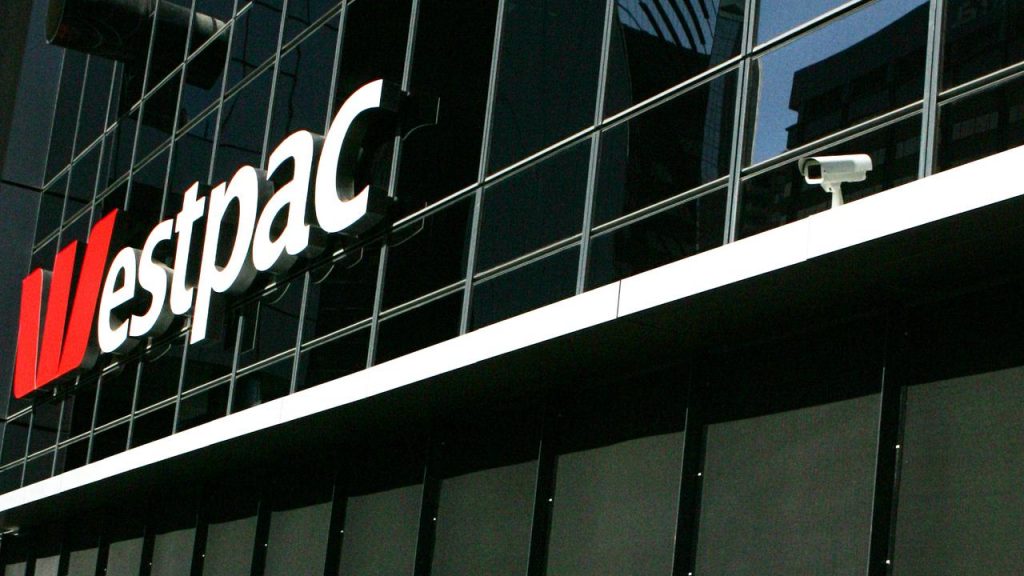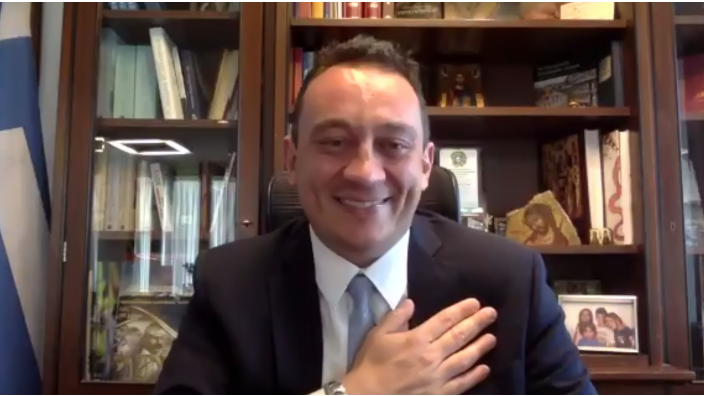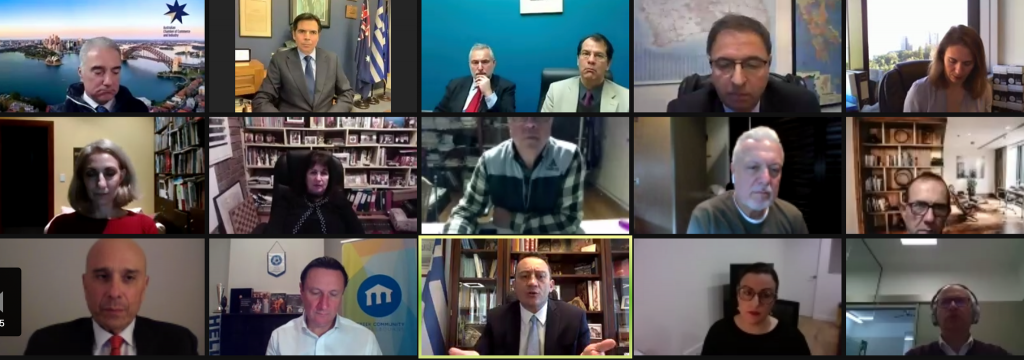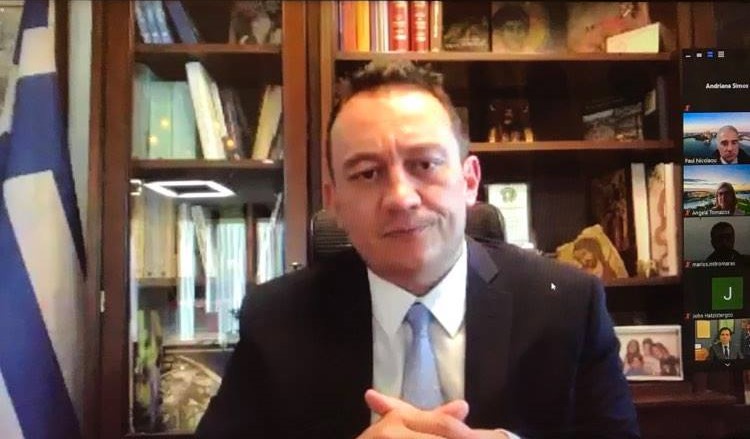At just 26 years of age, Olivia Maddison Boyages is kicking goals as a lawyer at private Sydney firm, Colin Biggers & Paisley. It comes as no surprise then that she was recently named finalist in the ‘Rising Star of the Year (Private Practice)’ category of the Australian Law Awards 2021.
To celebrate the exciting news, The Greek Herald reached out to Olivia to find out more about her career trajectory and of course, to ask her how it feels to be recognised in the prestigious awards.
1. Congratulations on being named a finalist in the Australian Law Awards in the category ‘Rising Star of the Year (Private Practice).’ How does it feel to be recognised?
I’m honoured to have been recognised as a finalist in the Rising Star category for Private Practice. Ultimately, I feel this nomination is a product of the support I have received from my managers, mentors, peers and clients in my first few years of practice and the opportunities to work collaboratively on interesting and challenging work.
I am also deeply grateful to my supervising partner and my firm for their ongoing encouragement, allowing me not only to gain valuable practical experience but also to devote a great deal of my time to pro bono legal work and to pursue studies outside of work.
2. Tell us a little bit about yourself.
I am the daughter of a first generation migrant, Stella Boyages, born on the island of Chios. She migrated to Australia at the age of four, with her parents who were originally from Paros and the Peloponnese. My father, Steven Boyages, was born in Australia to parents who had migrated from Castellorizo and Rhodes.
My Greek heritage has always been such a strong and important part of my identity. I spent the first seven years of my schooling at St Spyridon College, where I was immersed in Greek language, culture and customs. In high school, I continued my Greek studies through the Saturday School of Community Languages through to Year 12.

I strongly feel it was my early studies of Greek that inspired my love of languages. I studied a combined Arts/Law degree at the University of New South Wales, with an Arts major in French and a minor in Spanish.
3. What inspired you to get into the legal profession?
My mother was an early inspiration for pursuing a Law degree not only through her work as a criminal lawyer for the Aboriginal Legal Service, but also her strong sense of social justice, equity and community. These values were imparted to me and I felt that a career in the law would allow me to advocate for access to justice, and provide legal assistance to vulnerable members of the community.
Originally I thought this would best be achieved through practice of criminal law, but this area of law proved less interesting to me than anticipated. I have come to realise these values can be taken to any legal job no matter the field of law – and perhaps even to any job, legal or otherwise.
In my current role, I provide legal assistance on a pro bono basis to young and vulnerable, female clients through various projects run by the firm, alongside my day to day work. I find it incredibly rewarding.
4. Tell us a little bit about your law career.
Whilst I was completing my studies, I worked as a legal assistant and paralegal on a part time basis. These jobs gave me an insight into the day to day operations of a law firm and provided a level of familiarity with the profession. At the same time, I worked as a medical receptionist on Saturdays. Whilst this job wasn’t legally related, it provided other transferrable skills that I was able to take with me when I finished my studies. I didn’t do an internship or a clerkship whilst I was at university, but began working as a graduate at Colin Biggers & Paisley Lawyers in 2018 after concluding my studies. I was admitted as a solicitor in October 2018.
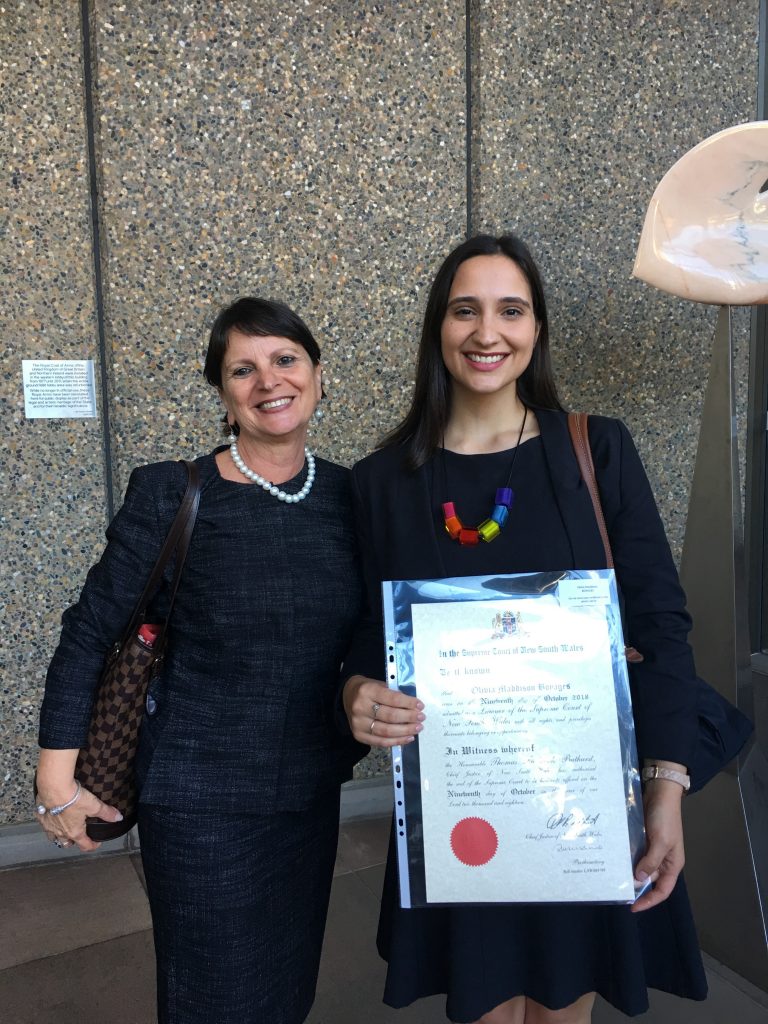
5. Does your Greek heritage influence your work in any way?
At this stage in my life, my Greek culture and heritage doesn’t play a large role in my career. However, the influence of my early exposure to Greek language and culture, through my family and schooling, can be seen through my pursuits beyond the office.
I continue to study languages outside of work, and continue to dance with the Aristotelion Academy of Greek Dancing. I recently completed a Diploma of Languages through Macquarie University (remotely and part time), and am currently doing Honours studies on a part-time basis through the University of Sydney.
I have grown comfortable with the reality that there will be significant passions and interests in my life and aspects of my background which won’t necessarily overlap with my career, at least for now.
6. What do you enjoy the most about your work? What are your future plans?
I work in a litigation practice and enjoy the varied, intellectually challenging and fast paced nature of the work. I am also very lucky to work with an incredibly supportive, inspiring and capable team who facilitate and encourage the involvement and professional development of junior lawyers. This culture and professional environment makes work all the more enjoyable.
I have little plans beyond finishing my Honours studies in the next year and half. After that, we will have to see.
7. Is there anything else you’d like to say?
I would just like to acknowledge that whilst I am the daughter of Greek-Australian first and second generation migrants, I recognise that I also benefit from a certain privilege on this land, to which sovereignty was never ceded by our First Nations people. Just as I am passionate about my Greek culture and background, I would like to recognise that this week is NAIDOC week, which focuses on celebrating the richness and diversity of First Nations people, their cultures and stories.
Olivia is also joined in the awards by Greek Australians: Calli Tsipidis, finalist for In-House Lawyer of the Year and Rising Star of the Year; Theo Kapodistrias, finalist for General Counsel of the Year; Elise Christou and Elleni Criticos, finalists for Law Student of the Year; George Bazouni, finalist for Managing Partner of the Year; and Peter Katsoolis, finalist for Sole Practitioner of the Year. The awards ceremony is set to be held on August 20.
READ MORE: Star lawyer Calli Tsipidis named as finalist for Australian Law Awards.



